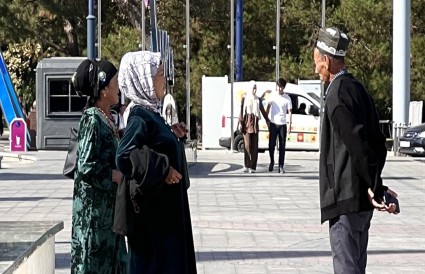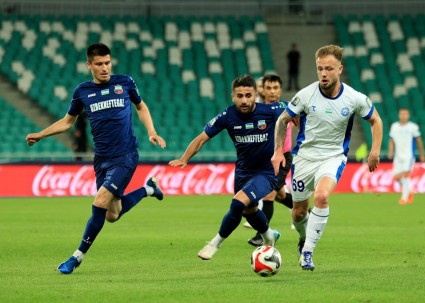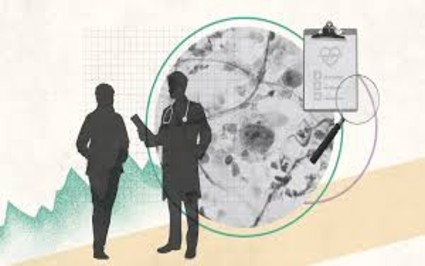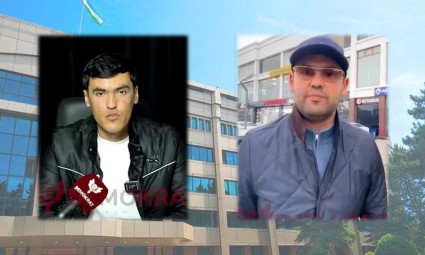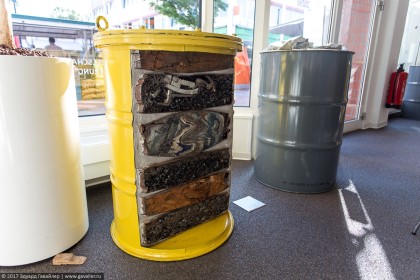The conference on the launch of the new Multi-Annual Indicative Program for 2021-2027 of the European Union for Uzbekistan was held today in Tashkent.
The Deputy PM/Minister of Investment and Foreign Trade Sardor Umurzakov and EU Commissioner for International Partnership Jutta Urpilainen delivered a video message to the attendees.
The European Commissioner, in particular, said that she planned to visit Uzbekistan in July this year to attend a conference on the interconnectivity of Central Asia and the European Union. As expected, the conference will also be attended by the head of European diplomacy, Josep Borrell.
The event was attended by Deputy Minister of Investment and Foreign Trade Badriddin Abidov and EU Ambassador Charlotte Adrian.
The parties the areas of bilateral financial and technical cooperation with the European Commission within the next program cycle for 2021-2027.
83 million euros will be allocated as part of the new indicative program for 2021-2024, including 76 million euros for jointly developed projects and programs of technical assistance and budgetary support, as well as 7 million euros to support activities for the development of civil society and human rights.
The parties discussed the implementation of projects and activities in the areas of supporting agriculture and green growth, improving the efficiency of public administration and digitalization, including the judicial and transport and logistics systems, improving the investment climate, as well as the socio-economic development of the Aral Sea region.
The indicative program will focus on three priority areas where there is momentum for reform, alignment with European priorities, including monitoring and implementation of GSP+ commitments:
- Good governance and digital transformation supporting government reforms in the areas of democratic governance, the rule of law, and improving the quality of public services (17% of funding).
- Inclusive, digital and green growth, with the main focus on supporting the digital green transition, addressing climate change issues; sustainable management of natural resources (including when water is scarce), as well as the promotion of an investment-friendly and gender-sensitive environment that can create green jobs, including through strengthening digital literacy, applying science and technology in the process market-oriented "green" transition (40% of funding).
- Modernize the agri-food sector to adopt smart, green and sustainable approaches that improve rural livelihoods and improve national food security and nutrition (36% of funding).
Programs in the field of gender equality, human rights, digitalization, partnerships with youth and civil society (7% of funding) are developed as separate activities and are also of paramount importance within the entire indicative program.


